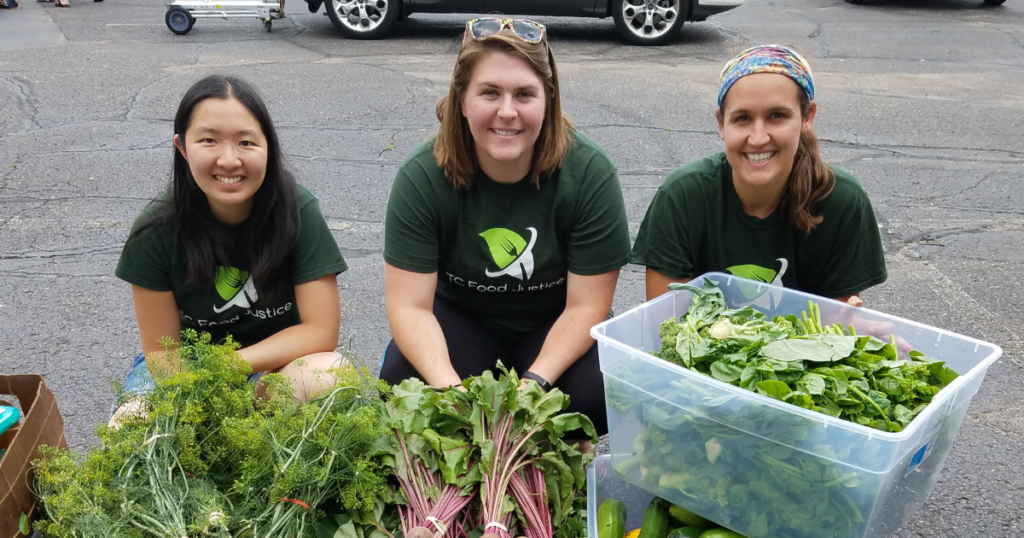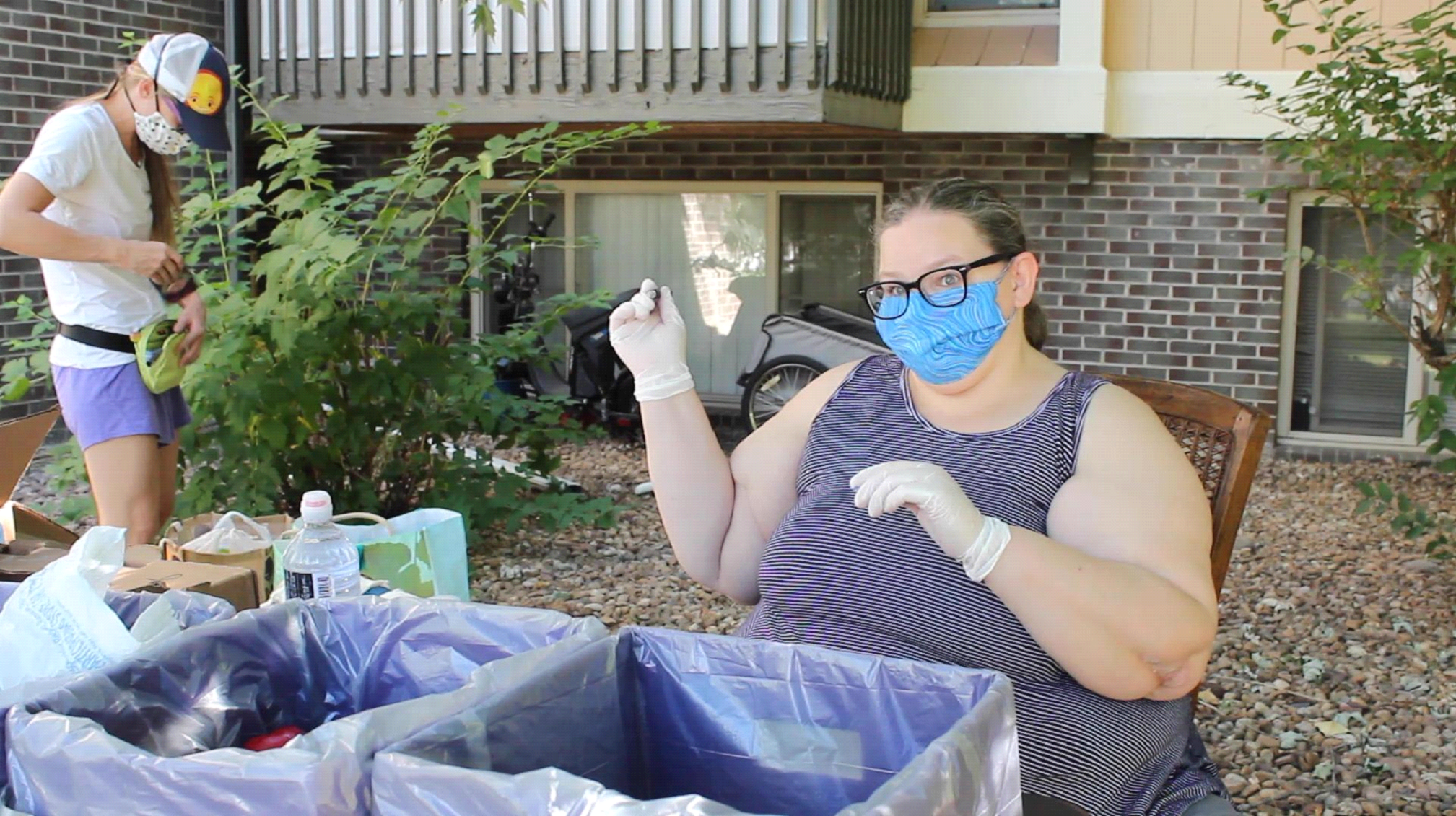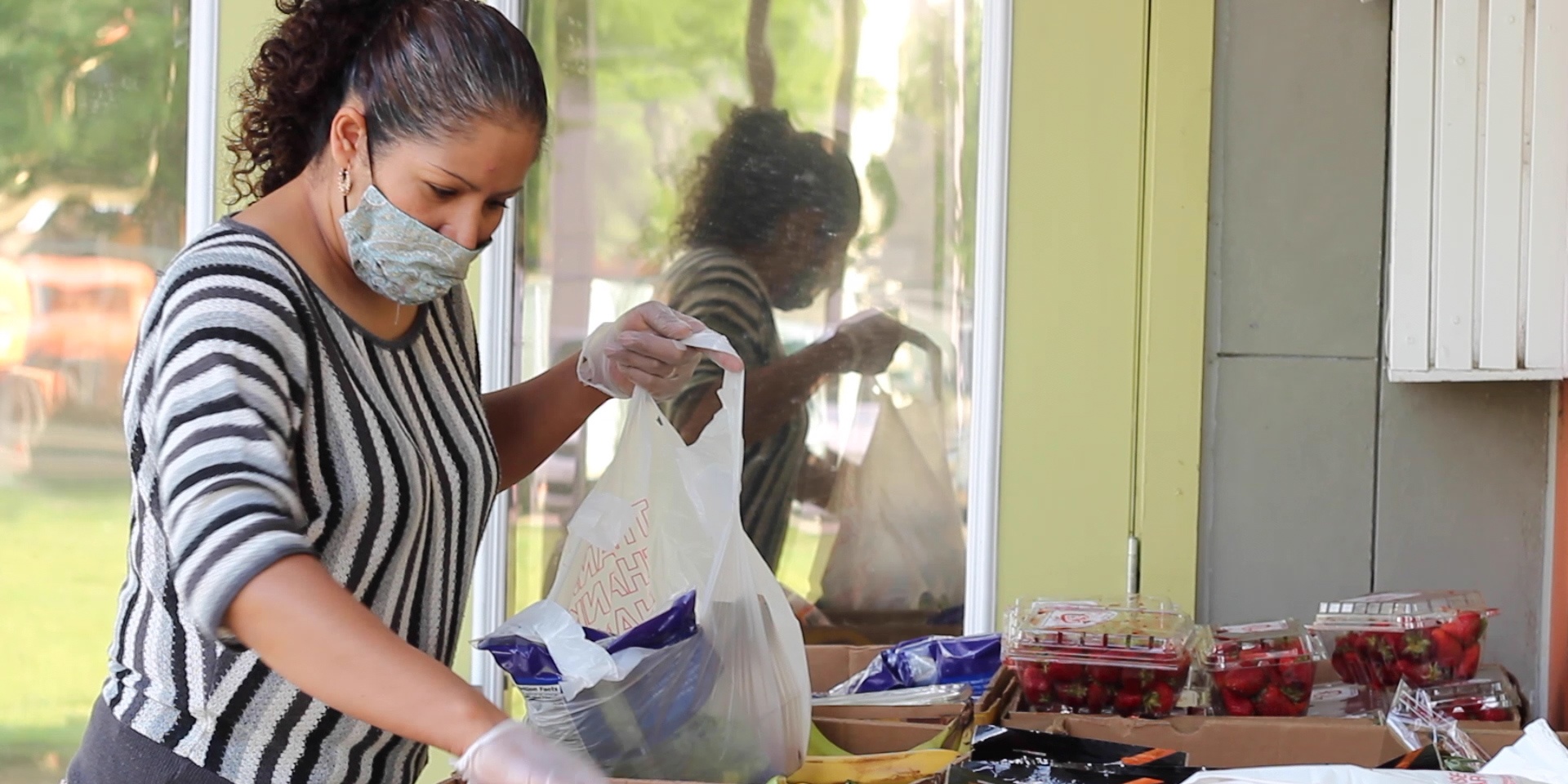
Community-Driven Food Rescues Were Set Up to Respond to COVID-19
By GO HumanityFood Rescue Alliance (FRA) is the recipient of our 2021 Compassionate Impact Grant and will soon be a major resource and partner with Beyond Belief Network teams. This blog is their introduction to you about their work.
“We have been able to help provide good quality food from donations. We have been able to provide a small amount of relief from the economic hardship that many communities are facing today with the Covid-19 pandemic. We have been able to provide hope and help to many residents. The residents that receive help from the Grocery Program range from young college students to single adults, to families with children, to elderly citizens. We have a spectacular delivery system in place and all the food that we receive is put to good use.”
–Wendi Calder, Grocery Program Coordinator

Boulder Food Rescue recovers surplus food from grocery stores and delivers it directly to 34 communities across Boulder. Meeting people where they already are drastically reduces barriers to accessing food. No Cost Grocery Programs, the heart of our work, are residential-run food access programs that exist within affordable housing communities, schools and daycares. Grocery Program Coordinators (GPCs) are leaders in their communities and maintain agency and autonomy over program operations. They are responsible for receiving, organizing, distributing and cleaning the surplus food that BFR delivers. They collaborate with their neighbors to develop an interdependent network that connects people to food as well as receiving and integrating feedback.
The food deliveries specifically include fresh produce because it is not as accessible economically or readily available from food pantries or other charitable programs, but is more heavily desired by program participants. Beyond direct financial and physical health impacts for beneficiaries, there are mental and emotional health impacts as well. According to the Journal of Health Affairs, indicators of poor physical health result from inadequate food and diets that result from inequitable access to food, particularly obesity, diabetes, and a variety of preventable diseases. Food insecurity is also known to cause stress and negative mental health outcomes such as anxiety and depression. At the same time, people who are already struggling with mental health issues may be at higher risk of food insecurity – these effects can build on each other and make people’s life experience more difficult.
Our principles are driven from Adrienne Maree Brown’s Emergent Strategy and principles of mutual aid. We acknowledge, honor, and leverage the fact that communities have been supporting their own health and wellbeing for literally forever. We work with individual communities to redistribute surplus resources while supporting and amplifying existing leadership. Each program operates according to the needs and desires of that particular community. This decentralized system continued to work, even in a pandemic.
This work is happening beyond Boulder, CO. We also run a network called Food Rescue Alliance, a peer-learning network of 33 decentralized food rescue organizations across the US and into Canada, and the new grant recipient of the Compassionate Impact Grant. The Food Rescue Alliance shares best practices and resources, hosts workshops, helps start-up food rescues get off the ground, and shares organizing logistics software. FRA members include several in Colorado, where the network formed, but range from coast to coast, including several members in upstate New York, Pennsylvania, Massachusetts, Ohio, Iowa, Texas, Wyoming, Minnesota, Oregon and Washington.
Our open source replicable software, Rootable, is unique – it allows for coordinators to create and maintain a schedule of routes, for volunteers to see information about their shift, and is also used for data collection and tracking. However, the uniqueness of software is in the accessibility – it will be a cooperatively owned software, free to members, open source and available for all to use, even outside of the network. At the heart of Food Rescue Alliance is a basic principle of resource sharing. Currently, the goal is to rebuild the software — creating the first food rescue platform cooperative web app that is designed for individual users who hold a diversity of models across the country.
Each member organization is different because each city is different. Food Rescue Alliance and Rootable doesn’t mandate a one-size-fits-all model. We encourage a diversity of models driven by the desires of each city and region.
Food Rescue Alliance members distributed 21,091,738 pounds of food in 2020. This equates to $35,223,202 worth of groceries that would have been otherwise purchased or gone without for these families. But, the need for food will only increase over time. We are organizing to source more food supply as a network, continuing to understand the needs of each individual city, and responding as a collective to not just provide emergency food relief but to address the root causes of food insecurity.
Individuals disproportionately affected by our economic system, such as people of color, people with disabilities, older adults, LGBTQ+ people, and working poor individuals, are also disproportionately affected by the crisis. They may not have access to jobs that allow them to work from home, and have to be at greater risk without their own transportation, or resources and networks to support them.
The Food Rescue Alliance has been building relationships with individuals in their own communities for years, and our community-based model is uniquely designed to address food insecurity under COVID-19. Grocery Program Coordinators are already leaders. The food is a platform for them to enact that leadership, which is evident under the COVID crisis. Leaders immediately organized, set up models of distribution that work for their community, and safely distributed the food with social distancing and sanitation practices.

Our food system and emergency food relief systems are changing. On-the-ground grassroots organizers were able to quickly and agilely adapt to the COVID-19 crisis. Collaborations formed, barriers were thrown out the window, and massive community responses happened. People formed mutual aid programs which are necessary both now and into the future. We have the opportunity to leverage our momentum to continue creating a food system that is built on respect and equity.
All photos are provided by Boulder Food Rescue, Boulder, CO.

